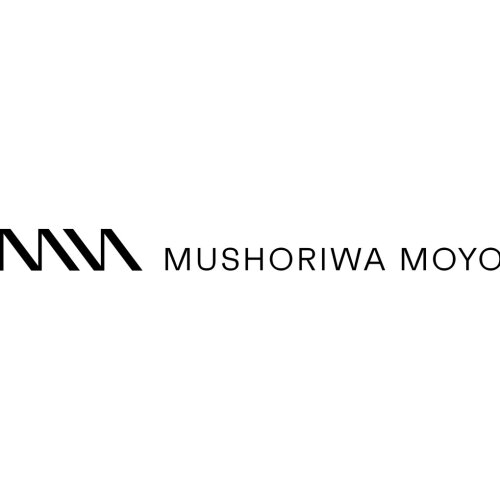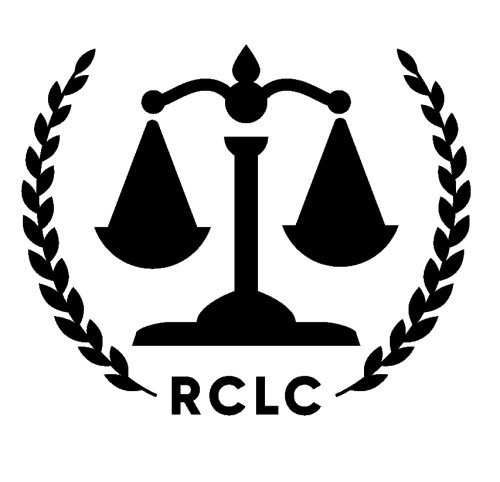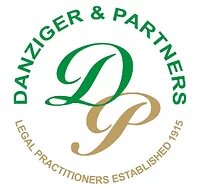Best Labor Law Lawyers in Zimbabwe
Share your needs with us, get contacted by law firms.
Free. Takes 2 min.
Or refine your search by selecting a city:
List of the best lawyers in Zimbabwe
About Labor Law in Zimbabwe
Labor Law in Zimbabwe is designed to regulate the rights and obligations of both employers and employees within the workplace. It encompasses a wide range of issues such as employment contracts, wages, working conditions, health and safety, termination of employment, and dispute resolution. The primary legislative framework governing labor issues in Zimbabwe is the Labor Act [Chapter 28:01], which seeks to promote fair labor practices and align the country’s labor standards with international norms. Labor Law also addresses issues related to trade unions, collective bargaining, and worker participation in decision-making processes.
Why You May Need a Lawyer
In Zimbabwe, individuals may need legal assistance in Labor Law for a variety of common situations. These can include disputes over contractual terms, wrongful termination, wage disputes, workplace discrimination or harassment, health and safety violations, and issues related to collective bargaining. Lawyers can help interpret the law, provide guidance on legal rights and obligations, draft and review employment contracts, and represent clients in negotiations or legal proceedings. Having legal support can be crucial for both employers and employees to ensure compliance with labor laws and to protect their interests.
Local Laws Overview
The Labor Act [Chapter 28:01] is the central piece of legislation concerning Labor Law in Zimbabwe. Some key aspects include:
- Employment Contracts: The Act requires contracts of employment to be in writing and outlines specific details that should be included such as job description, wages, and conditions of service.
- Wage Regulation: There are legal stipulations regarding minimum wage, overtime pay, and equal pay for equal work.
- Working Conditions: Employers are obligated to provide a safe working environment, and there are laws covering working hours, rest days, and paid leave.
- Termination of Employment: The Act defines lawful reasons for termination and procedures for redundancy and unfair dismissal claims.
- Dispute Resolution: Grievance handling and dispute resolution are addressed through labor officers, arbitration, and the Labor Court.
- Trade Unions and Collective Bargaining: The law gives workers the right to form and join trade unions and outlines the framework for collective bargaining.
Frequently Asked Questions
What is the minimum wage in Zimbabwe?
The minimum wage varies by industry and is periodically reviewed by the government. It is essential to refer to the latest updates from the Ministry of Labour and Social Welfare for specific figures.
Are employers required to give written contracts?
Yes, employers are legally required to provide a written contract of employment, detailing essential terms such as job details, working hours, wages, and conditions.
What constitutes wrongful termination?
Wrongful termination occurs when an employer dismisses an employee without a valid reason or fails to follow the due procedure outlined in the Labor Act.
Can an employee be dismissed without notice?
An employee can only be dismissed without notice in cases of gross misconduct that justify immediate termination, otherwise notice or compensation in lieu of notice is required.
How can disputes between an employee and employer be resolved?
Disputes can be resolved through internal grievance mechanisms, mediation by labor officers, arbitration, or by bringing the case to the Labor Court.
What rights do trade unions have?
Trade unions have the right to represent workers, engage in collective bargaining, and negotiate terms and conditions of employment.
Are employers obligated to provide safe working conditions?
Yes, employers are legally required to ensure a safe working environment and comply with occupational health and safety regulations.
What leave entitlements do employees have?
Employees are entitled to annual leave, sick leave, maternity leave (for female employees), and special leave under certain conditions as prescribed by law.
How is overtime compensated?
Overtime work must be compensated at rates agreed upon in the employment contract or collective bargaining agreements, often at a higher rate than normal hours.
Are there protections against workplace discrimination?
Yes, labor laws prohibit discrimination based on race, gender, religion, political opinion, or any personal circumstance not related to job requirements.
Additional Resources
For those seeking more information on Labor Law in Zimbabwe, consider consulting the following resources:
- Ministry of Public Service, Labour, and Social Welfare: This government body oversees labor issues and can provide updates on relevant laws and regulations.
- National Employment Councils (NECs): These councils handle industry-specific labor issues and can provide information on collective agreements.
- Labor Court of Zimbabwe: Offers judicial assistance on matters relating to labor disputes.
- Zimbabwe Congress of Trade Unions (ZCTU): A central trade union body that provides support and advocacy for workers' rights.
- Legal Practitioners: Employ the services of licensed attorneys specializing in Labor Law for personalized legal advice.
Next Steps
If you require legal assistance in Labor Law, consider taking the following steps:
- Identify the Issue: Clearly outline the legal issue or dispute you are facing, noting relevant details and documents.
- Consult a Legal Expert: Seek advice from a qualified Labor Law attorney who can provide guidance and represent your interests.
- Gather Documentation: Collect all relevant employment records, contracts, correspondence, and any other supporting documents.
- Understand Your Rights and Obligations: Familiarize yourself with the Labor Act and other applicable regulations to understand your position.
- Consider Alternative Dispute Resolution: Explore mediation or arbitration as potential avenues to resolve disputes without litigation.
- Prepare for Legal Proceedings: If necessary, prepare to escalate the matter to a Labor Court or relevant tribunal with the aid of your legal representative.
Lawzana helps you find the best lawyers and law firms in Zimbabwe through a curated and pre-screened list of qualified legal professionals. Our platform offers rankings and detailed profiles of attorneys and law firms, allowing you to compare based on practice areas, including Labor Law, experience, and client feedback.
Each profile includes a description of the firm's areas of practice, client reviews, team members and partners, year of establishment, spoken languages, office locations, contact information, social media presence, and any published articles or resources. Most firms on our platform speak English and are experienced in both local and international legal matters.
Get a quote from top-rated law firms in Zimbabwe — quickly, securely, and without unnecessary hassle.
Disclaimer:
The information provided on this page is for general informational purposes only and does not constitute legal advice. While we strive to ensure the accuracy and relevance of the content, legal information may change over time, and interpretations of the law can vary. You should always consult with a qualified legal professional for advice specific to your situation.
We disclaim all liability for actions taken or not taken based on the content of this page. If you believe any information is incorrect or outdated, please contact us, and we will review and update it where appropriate.
Browse labor law law firms by city in Zimbabwe
Refine your search by selecting a city.
















